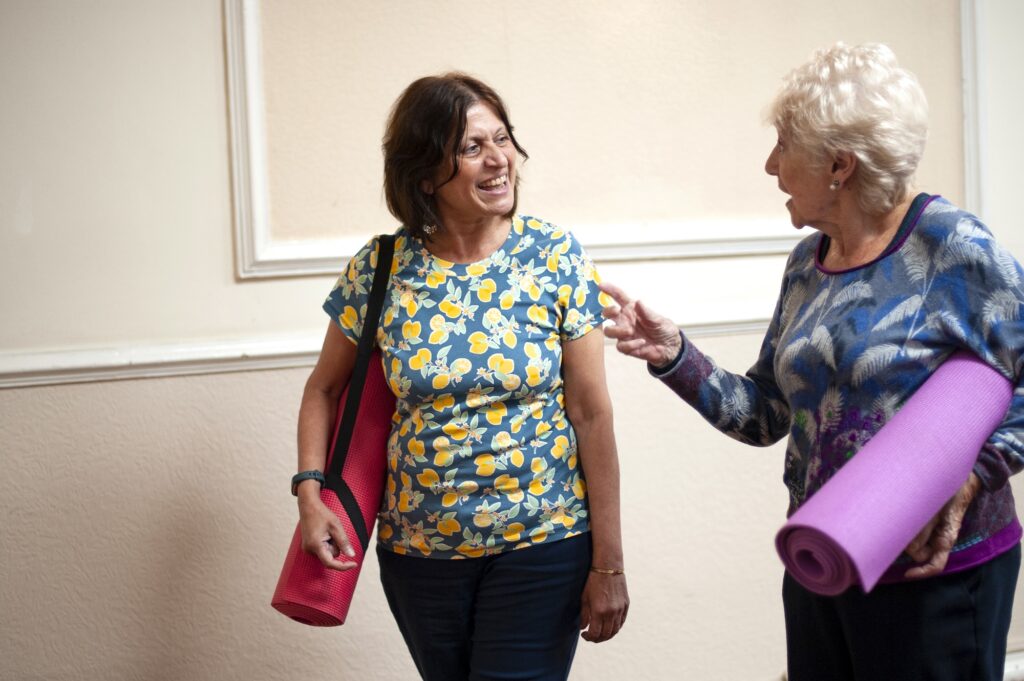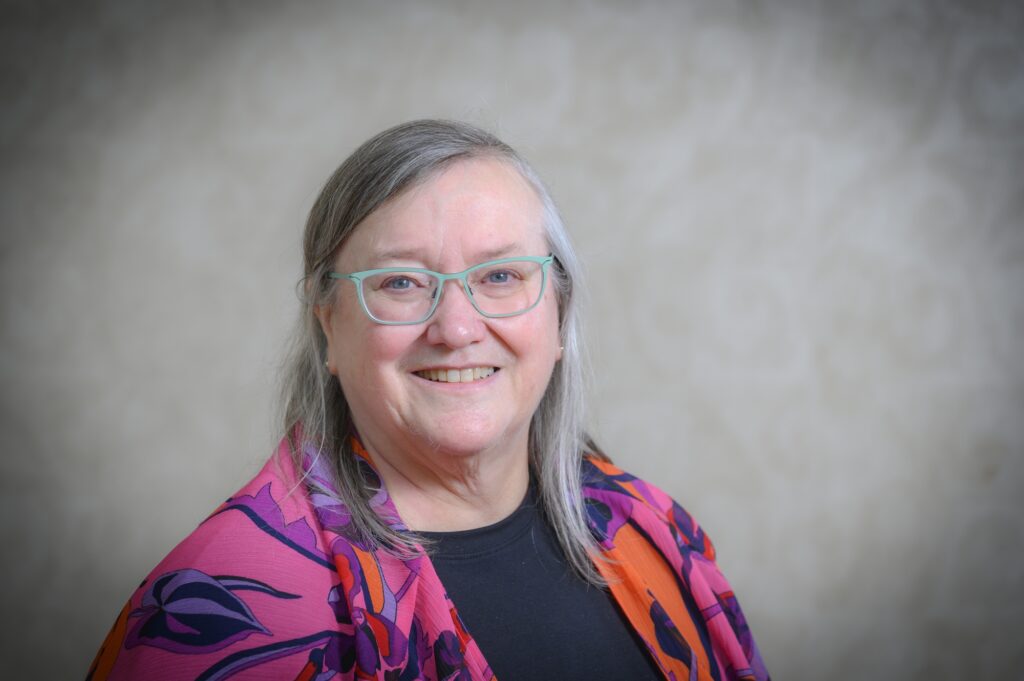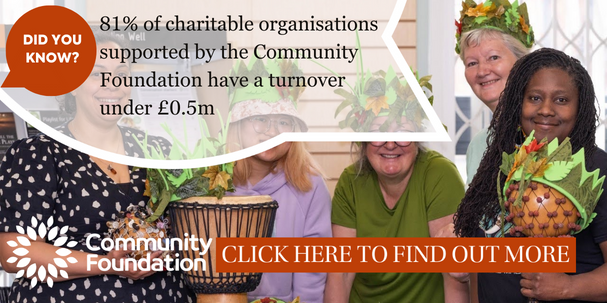
The chair of one of the UK’s biggest member organisations insists it’s time to modernise, publicise and prioritise after setting out a bold vision for the future.
Liz Thackray arrived in the North East on Monday and will wrap up her first visit to the region with trips to Saltburn and Guisborough tomorrow [Friday April 12].
The chair of the u3a, a nationwide movement of locally-run interest groups that provides a wide range of learning opportunities, is promising to enable a period of positive change for older people.
And Liz believes it’s time to go back to the future by breathing new life into the organisation’s original mission statement: by the members for the members.
“When the u3a was established in 1982 the general ethos was that everyone was a teacher and everybody was a learner,” explains the former Open University lecturer.
“Some of that has got lost over the years and there’s a growing perception that we’re a social club.
“We need to get across that we’re still a learning organisation and that it’s possible to learn in a myriad of different ways — it doesn’t have to mean sitting down at a desk and being taught in a traditional sense.
“What the u3a believes is that we’re constantly learning from each other. What that learning looks like is not set in stone.
“We need to modernise, we need to make ourselves better known and we need to focus on what always set us apart from other groups in the first place.”
Liz’s first visit to the North East has taken her from Berwick to Barnard Castle, Whitley Bay to Whickham and various places in between.
Making up for lost time, the u3a’s North Wales-based chair admits her introduction to the region is long overdue.
And meeting with engaged u3a members from as far afield as the Scottish borders and Teesside has served as a timely reminder that older people retain a thirst for knowledge and a keen desire to share their life experience.

“That’s always been there,” she adds. “I think the biggest challenge we face is connecting with like-minded people and making ourselves better known.
“Lots of people have never heard of the u3a and, even if they have, they have no idea what it is or what we stand for.
“We used to be known as the University of the Third Age but these days we actively discourage using that term.
“It doesn’t represent who we are. We want people to tell their family and friends about the opportunity to meet people like themselves who have a great time learning from each other.
“The u3a is a great place to make new friends and it’s the perfect place to broaden your mind.”
Throughout the week Liz has been practising what she preaches: joining in a German class in Blyth, meeting crafters in Ashington, testing herself at a quiz in Newcastle and enjoying poetry in Teesdale.
Tomorrow’s final two stops involve an insight into earth studies and the opportunity to practise needlecraft.
u3a members are actively encouraged to be the teachers as well as the learners and Liz proudly admits ‘we’re not somewhere where you sit around, drink coffee and don’t really interact’. “We’re looking for people who are going to roll up their sleeves, get involved and be participants.”
Social media also has the potential to break down insularity and, when used in the right way, provide a platform for learning and sharing. That’s its appeal for u3a
Liz Thackray
Although not a campaigning organisation per se, the u3a does have a remit to impact positively on its key demographic — there’s no lower age limit but the majority of members are 50-plus and it’s open to ‘everyone who’s not working full-time’.
Three main strands dominate its key objectives in 2024. Future Lives is a UK-wide group which shares information and resources to inspire, influence and inform members about how we can improve our future lives.
Push Back Ageism is a multi-layered, nationwide initiative tasked with changing the narrative and challenging preconceptions around age and older adults and what it means to grow older.
And the third focus area relates to ‘influencing and social change’ — an umbrella term encompassing all the work being done to support members and the movement more broadly.
But can the u3a provide a strong and unified voice for issues pertinent to their members, including social care and the pensions triple lock?

“A lot of our members would say that campaigning on certain issues is effectively dabbling in politics and that’s not our role,” adds Liz. “On the other hand many members — and I include myself here — recognise that there are many issues of great concern to our broad demographic and that it’s right and proper that we actually identify those issues and say something about them.
“I think there are organisations and charities far better placed than we are to comment on social care and pensions but a great example of where the u3a would get — and indeed has got — involved in highlighting an issue is the decline of local and in-person banking.
“When it comes to their money, many of our members are still very uncomfortable with anything other than the traditional banking model — where you visit your local branch and the transaction is done face to face.
“We are able to provide advice on that and members can educate other members on the options available. We recognise where there needs to be change and where our voice needs to be heard but when it comes to politically charged issues like social care it can be difficult.”
- Read more: Night classes — a lesson in accessible theatre
- Read more: Videos promote faith in community cohesion
Given Liz’s desire to broaden the u3a’s reach, it’s perhaps no surprise that the organisation is actively realigning its approach to social media and experimenting with wider PR campaigns.
A partnership with Boom Radio — an independent station launched in 2021 and aimed at people born between 1946 and 1964 — appears well judged and an in-house podcast has proved hugely popular.
“Social media has been a big learning curve because it’s not something that we’ve used too much in the past,” adds Liz. “That needs to change. Many of our members have been using social media for more than 15 years now and it’s an everyday part of their lives.
“It’s not everyone’s cup of tea but those that do use Facebook and X — amongst others — need engaging content that’s updated regularly.
“Social media also has the potential to break down insularity and, when used in the right way, provide a platform for learning and sharing. That’s its appeal for u3a.”

Where Liz admits the u3a needs to modernise is in terms of its member diversity. Nevertheless, she won’t be chasing quotas any time soon — preferring to connect with ethnic groups and present the u3a as a valuable community resource rather than engaging in tokenistic recruitment.
“There are times when I feel our members are almost guilt-tripped due to the fact that we are a predominantly white, middle-class organisation,” adds Liz. “But I don’t think we should be going fishing in different communities for new members just to assuage that guilt.”
Liz heads back to North Wales this weekend knowing there’s much work to do if the u3a is to maintain its membership, relevance and impact moving forward. But she’s been buoyed by a warm North East welcome and encouraged that there’s a bright future ahead.
“There are aspects of my role — around governance, meetings and so on — that can feel a little tedious at times but then I love weeks like this when I get the opportunity to go out and meet our members and learn with them,” adds Liz.
“Being part of the u3a is a wonderful experience. I use the skills that served me so well in my professional life and at the same time I get to appreciate the fun and fellowship associated with being part of an active member organisation.”
For more information on the u3a visit www.u3a.org.uk











